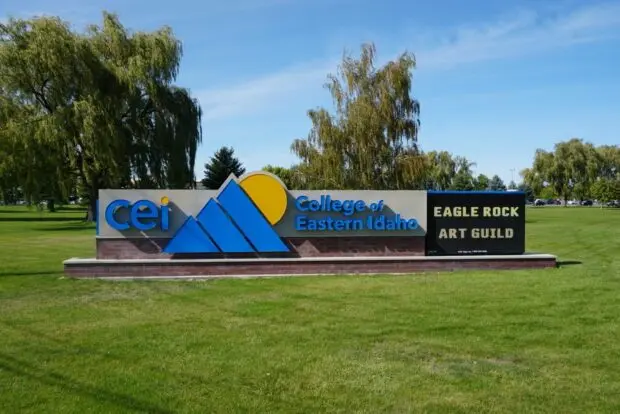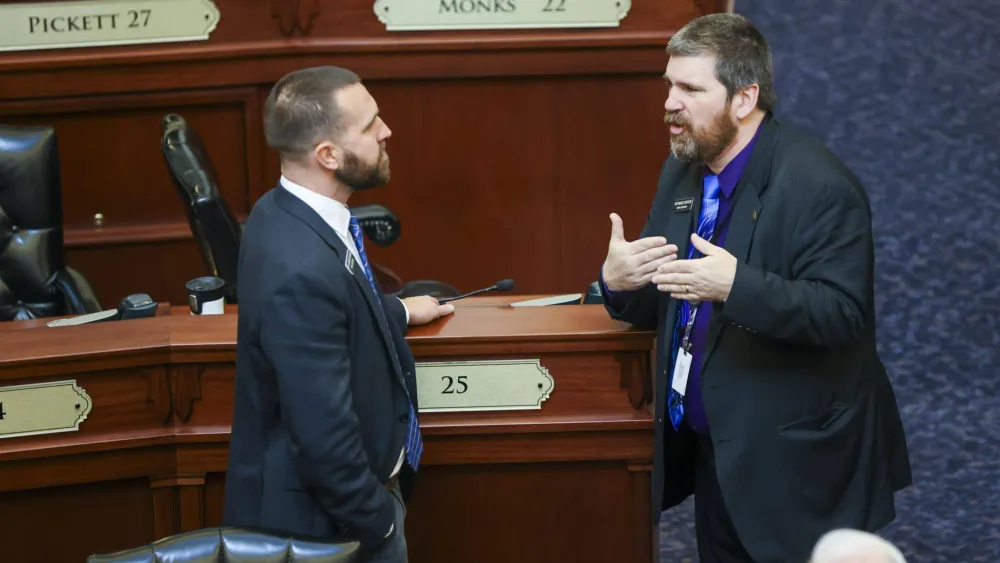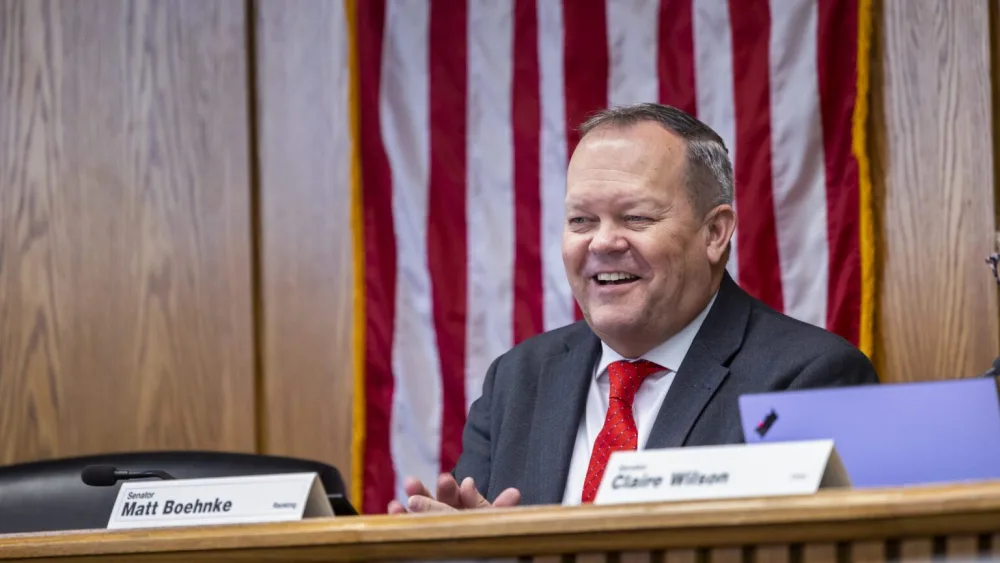Originally posted on IdahoEdNews.org on October 13, 2025
BOISE, ID – The U.S. Department of Education is requiring colleges to verify legal status for students taking certain workforce education courses as part of a broad approach from the Trump administration to restrict undocumented people from accessing federal benefits.
Idaho’s community colleges say complying with this new requirement, which went into effect in August as staff were enrolling students for the fall semester, has taken up countless man hours and involved multiple departments. It also has likely become a barrier for enrolling.
“It was an undertaking that — I don’t know what adjective is the right one — colossal? Titanic?” College of Southern Idaho President Dean Fisher said. “It was significant.”
Colleges can’t say for sure if the requirement has turned away students, but they surmise it has created a barrier for students seeking training in career and technical education courses, including welding, diesel mechanics and nursing.
“It is possible that some prospective students have chosen not to apply because of these changes, though there is no mechanism for tracking that number,” Jedediah Bigelow, legal counsel for the College of Eastern Idaho, wrote in an email to EdNews.
Trump in February ordered federal agencies to identify programs that allow undocumented people to receive benefits and to harden verification systems to exclude those individuals. The goal is to prevent taxpayer resources from “acting as a magnet and fueling illegal immigration,” according to the president’s order.
The U.S. Department of Education responded in July with a rule change that limits federally funded adult education programs to students who are either U.S. citizens or “qualified aliens” that have a lawful immigration status. The directive primarily targets programs that receive funding from the Carl D. Perkins Career and Technical Education Improvement Act and the Workforce Innovation and Opportunity Act.
“Postsecondary education programs funded by the federal government should benefit American citizens, not illegal aliens,” U.S. Secretary of Education Linda McMahon stated in a July press release.
The July rule change represents a shift in federal education policy.
Undocumented people have long been able to access higher education in this country and have helped fill workforce gaps, according to a statement from the American Civil Liberties Union of Idaho.
“Barring undocumented people from career, technical, and adult education programs would harm them and their families and hurt the United States’ overall academic and economic progress,” the ACLU of Idaho stated in an email Friday to EdNews.
How colleges verify legal status
With the rule change now in place, verification of legal status is up to individual colleges and not the state, according to Idaho Division of Career and Technical Education spokesperson Megan O’Rourke.
Following the July announcement, the College of Southern Idaho came up with a process to verify legal status. O’Rourke said the division in August advised other colleges to mirror CSI’s approach.
READ: Guidance for Verification of Lawful Status
CSI began with a list of about 1,000 students enrolled in career and technical courses and whittled it down.
First, colleges can verify legal status by checking if students are eligible for federal and state financial aid programs that are only available to legal residents. Students who work at colleges and have an I-9 on file are also verified.
Then, colleges asked students to present identification documents to staff. A birth certificate, passport, “Star Card” driver’s license, green card, notice of permanent residency or refugee documentation are all acceptable. Staff simply reviewed or inspected the documents and did not take pictures or photocopies.
Monze Stark-Magaña, dean of enrollment services at CSI, said students were hesitant at first when they got an email asking them to show identification. Some wondered if the request was real or fraudulent.
“I think it was a lot of educating them on why it was needed,” Stark-Magaña said.
Compliance efforts at the College of Eastern Idaho were “significant,” and involved legal counsel, information technology, human resources, student admissions and college administration, according to Bigelow.
Over a 40-year career in higher education, Fisher said as far as he knows this is the first time that colleges have an obligation to verify lawful status in order for students to take a class.
“This kind of a verification process, to my knowledge, has never existed in Idaho,” Fisher said, “and it’s accomplished as a result of federal direction.”
Idaho’s public universities say the new requirement isn’t having much of an effect. The federal directive mainly targets career and technical education programs found at community colleges.
Boise State University does not have any such programs, according to spokesperson Stephany Galbreaith.
Citizenship and residency status are already included in the application process at Idaho State University, said spokesperson Emily Frandsen. All of ISU’s students taking a career and technical course are either U.S. citizens or lawfully present in the country.





